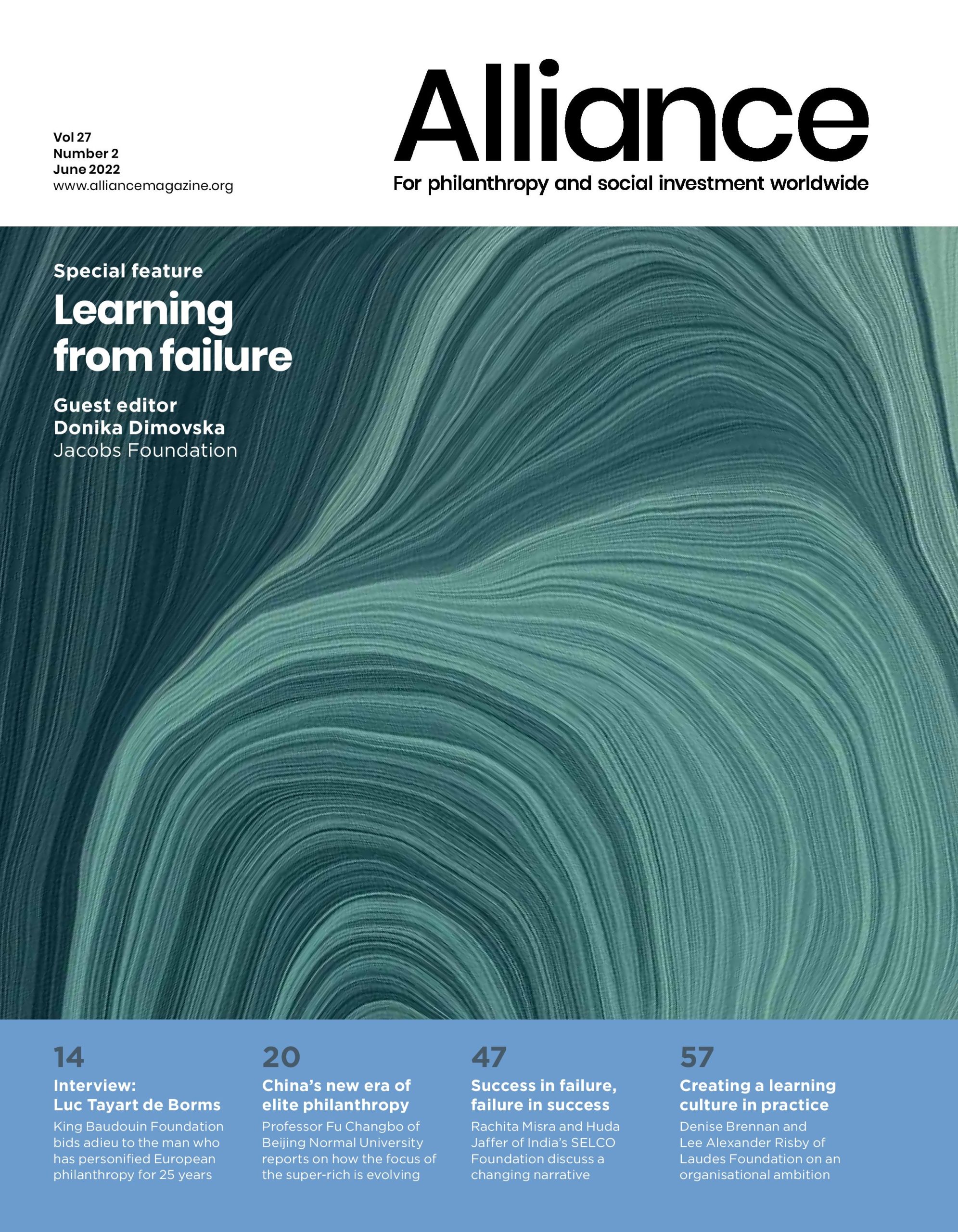Inequality is a challenging area of work – not the least for philanthropy. Yet, taking a systemic view on inequalities and power imbalances has more to offer than uneasy self-reflection
The world’s richest 10 per cent own more than three-quarters of global wealth, according to the World Inequality Report 2022. The poorer half of the world’s population owns just about 2 per cent. Women globally work more hours than men, and yet they receive only one-third of all earnings. The list of inequality statistics that could be cited here is long. They all show the same thing: globally, the chance to live a healthy long life in even modest prosperity is grossly unequally distributed.
Those hit by hardship and destitution belong over-proportionately to communities that have been pushed to the margins of their societies. Depending on the context they are migrants, people of colour, people with disabilities or they belong to Indigenous groups. Often they experience more than one form of inequality as layers of racial, gendered and other forms of discrimination and oppression create deep and intersecting inequalities.
 Harsh Mander – ‘one of the cruelest times in the world’s history’. Credit: Wikimedia Commons
Harsh Mander – ‘one of the cruelest times in the world’s history’. Credit: Wikimedia Commons
Subscribe now from only £45 a year!
This article is only available for our subscribers
Existing users can login here





